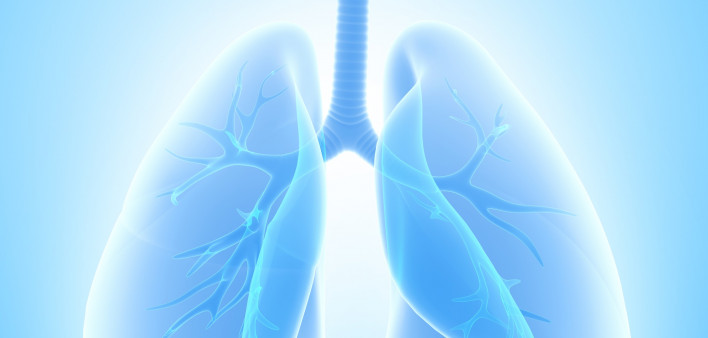People with HIV likely lower their risk of death from lung cancer screening about as much as HIV-negative individuals do, Reuters Health reports.
Publishing their findings in the journal AIDS, researchers conducted a mathematical modeling study in which they simulated a population of HIV-negative individuals as well as HIV-positive individuals who had a CD4 count of 500 or greater. They found that lung cancer screening in these populations would reduce the risk of death among them by a respective 10.8 percent and 7.7 percent.
When the study authors restricted their analysis to only those who actually received lung cancer screening, they found the model suggested that HIV-negative people reduced their risk of death by 22.7 percent and HIV-positive people reduced their risk by 18.9 percent.
The demographic that would most benefit from lung cancer screening, in terms of cumulative years of life saved, are 45- to 75-year-olds who smoked for at least a cumulative 20 pack-years (a pack a day for 20 years). However, screening this group would require the most number of what are known as low-dose computed tomography scans for lung cancer and would thus lead to the greatest rate of overdiagnosis of lung cancer and thus unnecessary treatment.
To read the Reuters Health article, click here.







Comments
Comments